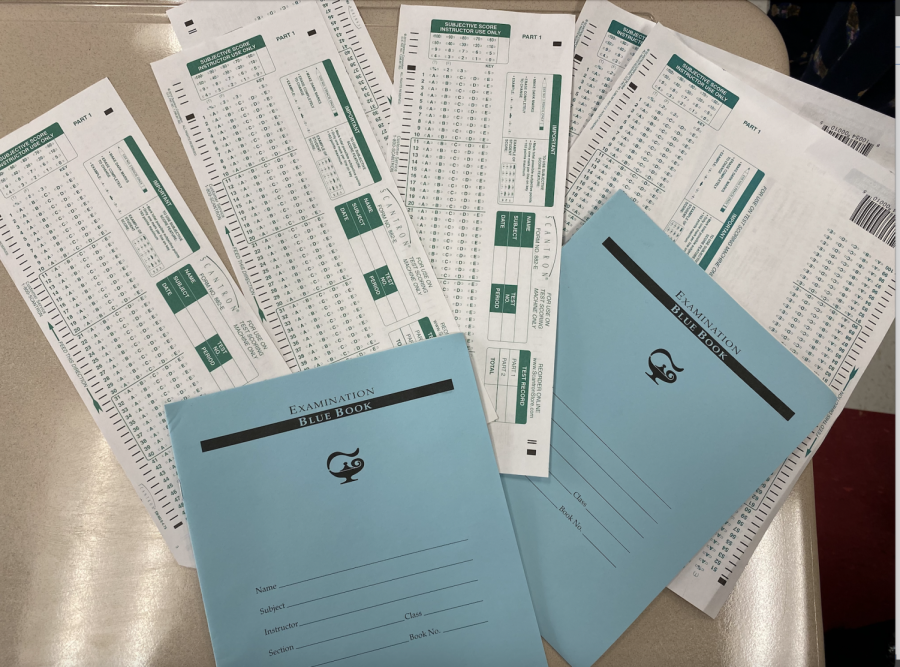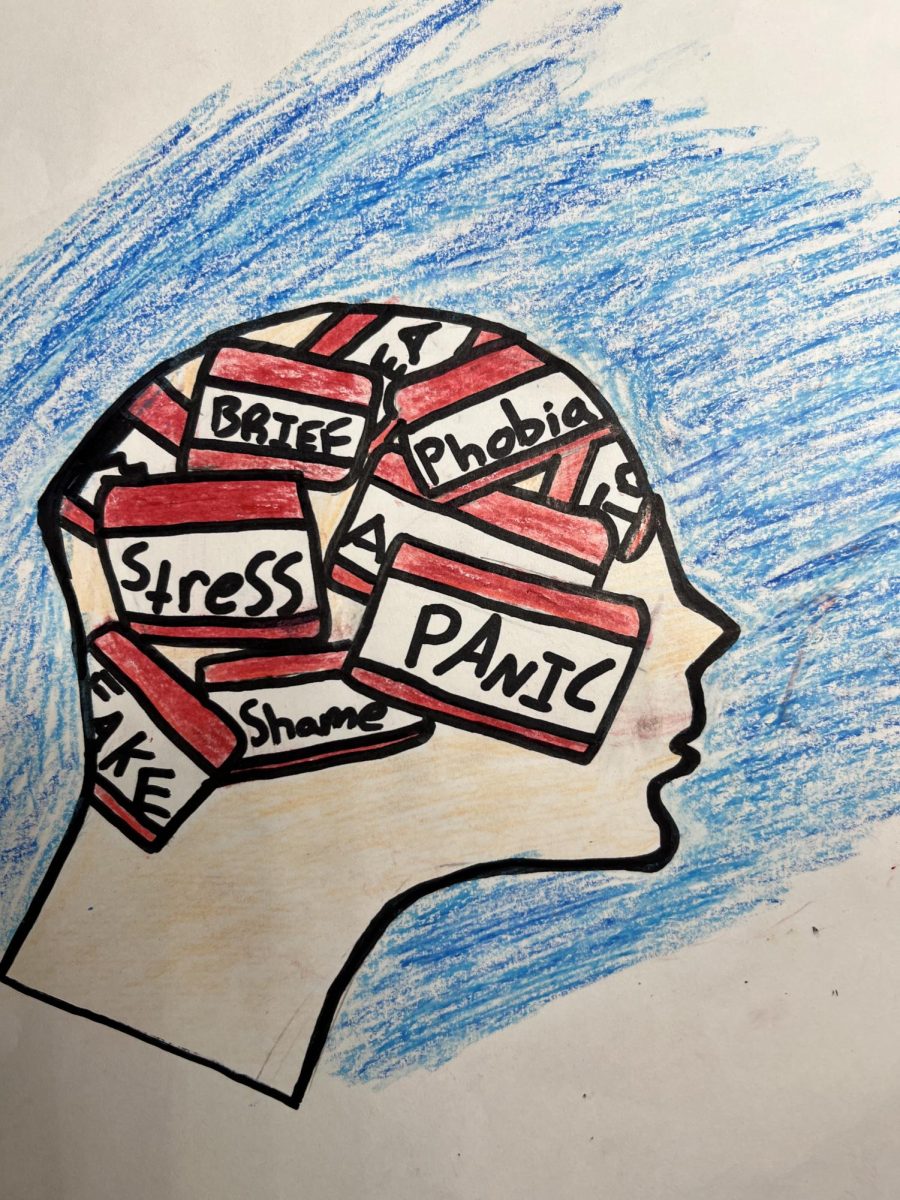Junior year has been coined the most difficult academic year of high school. With the college search beginning, standardized tests, an increasingly difficult workload and course load, and the continuance of extracurriculars, students are expected to juggle a lot. For the 2023 junior class, this school year has become even more challenging and taxing.
Entering high school in 2019, the class of 2023 has never experienced a full, normal year of high school. Which naturally means, this class has never experienced or dealt with finals. Now, they are expected to take finals for the first time ever during their most challenging year.
While schools are returning to normalcy, the consequences and effects of the COVID-19 pandemic are still present. It severely impacted students’ educations and forced schools to completely shift their structures and environments. With that said, it cannot be forgotten that a lot was lost and a lot of the previous structure and requirements were essentially thrown out of the window. Schools must now return to normalcy with that in mind.
Many universities have remained test optional for this exact reason. What originally began as an accommodation to the pandemic led to a rather permanent change for many universities. They first omitted test scores when it became very difficult, if not impossible, for students to take the standardized tests and gain a desirable score. Two years later, many schools have remained this way simply because they have found alternate and equally adequate ways of comparing applicants.
Finals are worth 10% of students’ final grades. That number, while not extremely high, is still rather daunting to all high school students. It is the influence finals have on overall grades that feel more threatening than the tests themselves.
Approximately three-fourths of surveyed 2023 students have admitted to feeling overwhelmed and unprepared for the upcoming exams. This fear does not stem from a lack of instruction or education, but rather an uncertainty and great sense of pressure that comes from something so unfamiliar yet so important.
Dr. Neigel shares, “We did not eliminate final exams because we feel that they are important assessments that provide teachers, and students, with evidence of the overall understanding a student has on the course content.”
While this is understandable and finals are an adequate measure of a students final understanding of the material, students can prove their understanding through alternate options. Seniors, for instance, are not required to take a final for a course that they received at least an A- in for their final grade. If this proves a student’s adequate proficiency in a course, why is it only limited to seniors? If the intention of finals is to ensure that students have learned from their classes, why can they not prove that through their consistent success throughout the course?
Currently, teachers are required to assign a test as a final unless they have permission from their supervisor to administer an alternate project or assessment. This is only granted when a course’s content or level seems fitting to omit a final test.
However, all classes, regardless of content or level, should have the option to assess students’ proficiency through alternate options. Many students do not do well under timed pressure and are simply not good test takers. That does not mean they did not adequately retain the material from the past school year. It simply means they are not proficient in test taking skills. Approximately 19% of surveyed students reported that their test taking skills and test scores are rather weak.
Providing alternate assessments allows students to best prove themselves and their knowledge in a way that best fits their abilities. Allowing students to take a different approach when it comes to finals will produce the best results.













